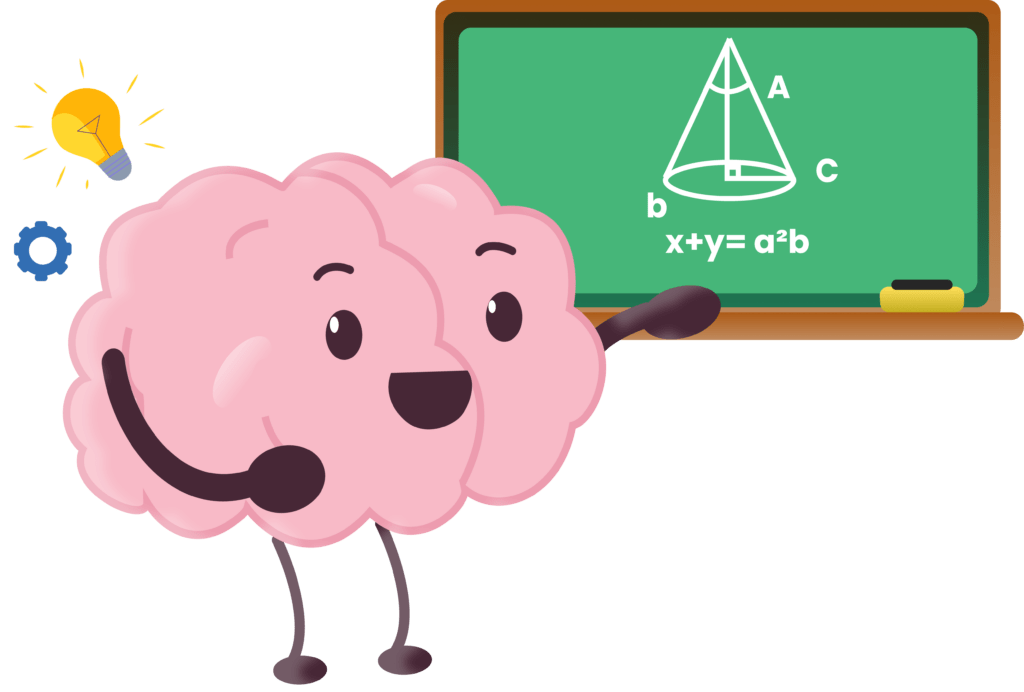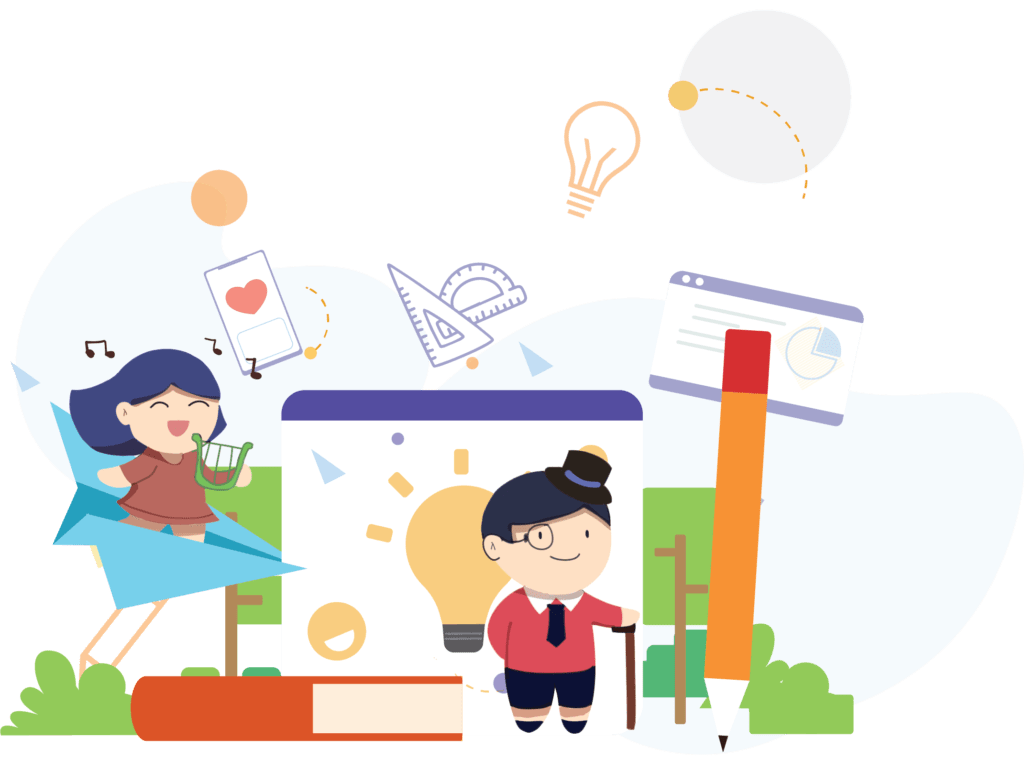In today’s rapidly evolving world, adaptability has become a crucial skill for personal and professional success. To thrive in an environment of constant change, individuals need to develop their Adaptability Quotient (AQ). In this article, we will explore what AQ is, its background, the defining factors that contribute to AQ, methods of measuring it, why cultivating a high AQ is essential for personal development, and how to improve your adaptability quotient.
Adaptability Quotient, or AQ, is a relatively new concept that has gained prominence in response to the rapid pace of change brought about by technological advancements and globalization. While intelligence quotient (IQ) and emotional intelligence (EQ) have long been recognized as critical attributes, AQ is emerging as an essential factor for success in today’s dynamic world.
AQ is a subjective set of qualities and capabilities that enable individuals to adapt and thrive in an environment characterized by constant change and uncertainty. It encompasses the ability to adjust to new situations, learn from experiences, and effectively respond to challenges. AQ is not solely about being resilient; it involves embracing change, seeking opportunities in the face of adversity, and proactively shaping one’s own future.




While there is no straight-forward way to measure your AQ exactly, fortunately we do have several ways to improve AQ in general. To enhance your adaptability quotient and cultivate a high AQ, consider the following strategies:
Develop a positive attitude towards change and view it as an opportunity for growth and learning. Seek out new experiences and challenges to expand your comfort zone.
Cultivate a mindset of curiosity and a desire to learn. Actively seek new knowledge, explore different perspectives, and engage in continuous learning.
Build your resilience by developing coping mechanisms, practicing self-care, and seeking support from a strong network of family, friends, or mentors. Learn from setbacks and use them as opportunities to grow.
Sharpen your critical thinking and problem-solving abilities. Seek out challenging problems, approach them with a creative mindset, and explore innovative solutions.
Actively seek feedback from others to gain insights into your strengths and areas for improvement. Embrace constructive criticism and use it as an opportunity to enhance your adaptability.
Reflect on your strengths, weaknesses, and biases. Understand how these factors influence your responses to change and work on addressing areas that need improvement.
While there is no straight-forward way to measure your AQ exactly, fortunately we do have several ways to improve AQ in general. To enhance your adaptability quotient and cultivate a high AQ, consider the following strategies:
Develop a positive attitude towards change and view it as an opportunity for growth and learning. Seek out new experiences and challenges to expand your comfort zone.
Cultivate a mindset of curiosity and a desire to learn. Actively seek new knowledge, explore different perspectives, and engage in continuous learning.
Build your resilience by developing coping mechanisms, practicing self-care, and seeking support from a strong network of family, friends, or mentors. Learn from setbacks and use them as opportunities to grow.
Sharpen your critical thinking and problem-solving abilities. Seek out challenging problems, approach them with a creative mindset, and explore innovative solutions.
Actively seek feedback from others to gain insights into your strengths and areas for improvement. Embrace constructive criticism and use it as an opportunity to enhance your adaptability.
Reflect on your strengths, weaknesses, and biases. Understand how these factors influence your responses to change and work on addressing areas that need improvement.


